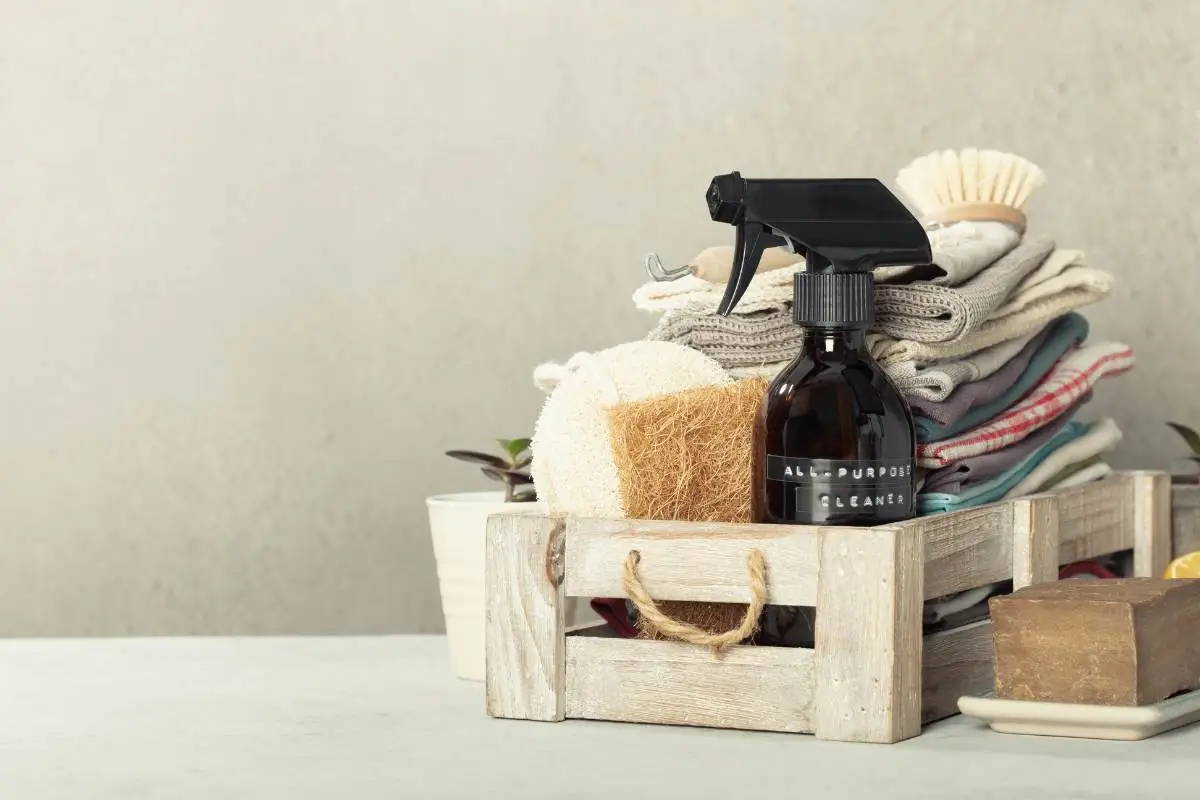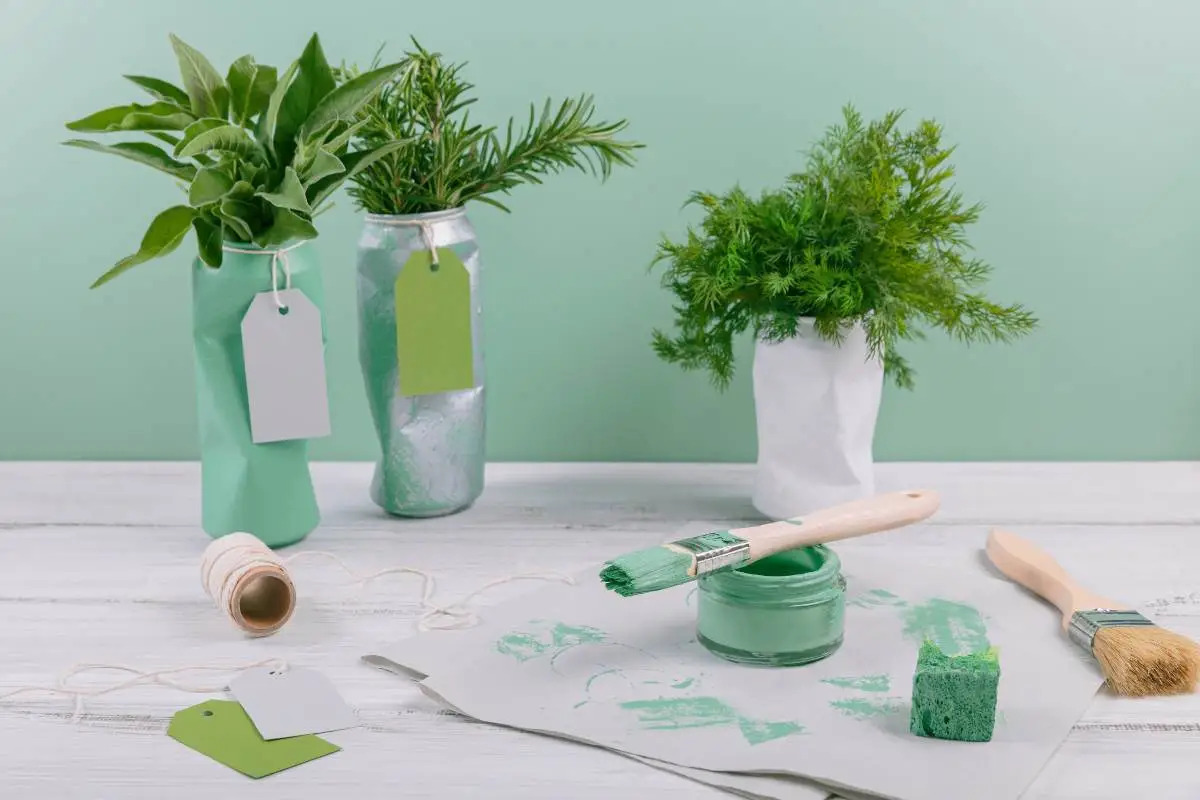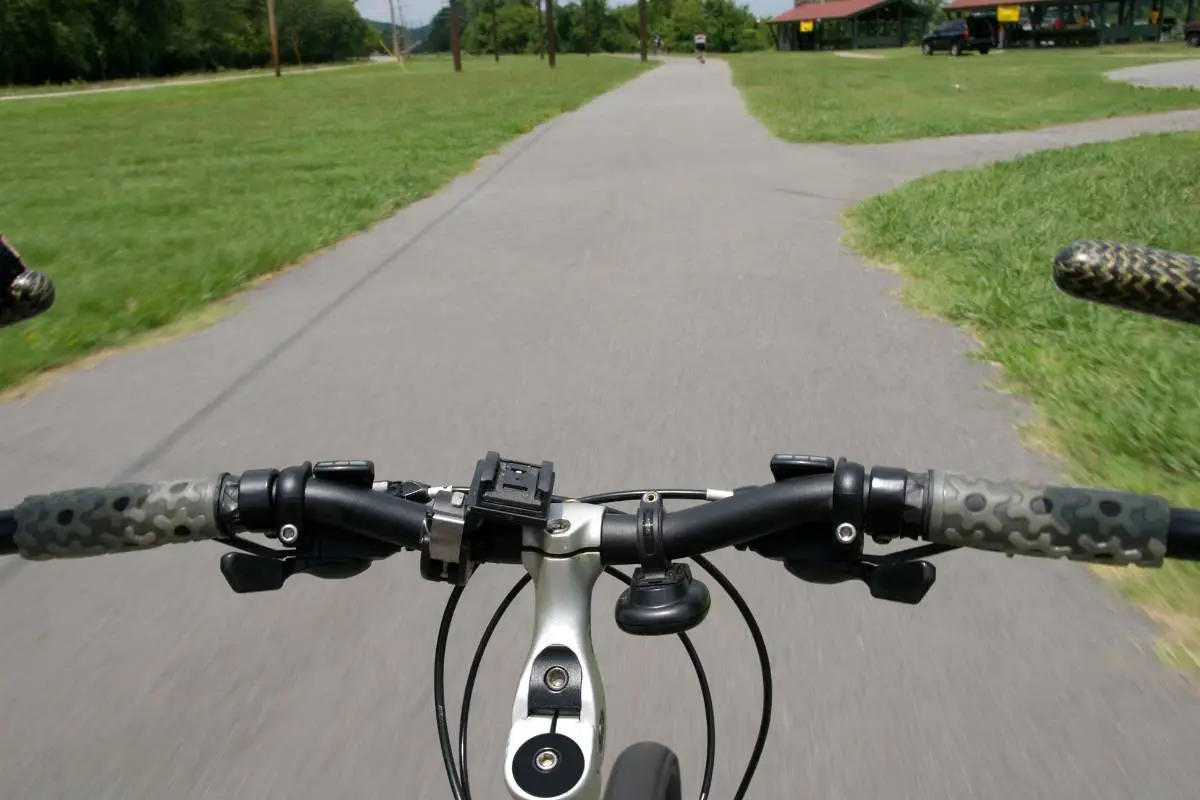Easy Eco-Friendly Home Cleaning: DIY Sustainable Recipes
Are you looking for ways to keep your home clean and eco-friendly? Look no further! In this post, we will share with you some simple and cost-effective recipes for DIY sustainable cleaning products. By making your own cleaning products, you not only reduce your exposure to harmful chemicals but also contribute to a healthier environment. Join us as we explore these easy-to-follow recipes that will transform your cleaning routine into a sustainable one.
1. Why Choose DIY Sustainable Cleaning Products?
When it comes to cleaning products, the market is flooded with options, but most of them contain harmful chemicals that can be damaging to both your health and the environment. By choosing to make your own cleaning products, you have full control over the ingredients, ensuring that you are using eco-friendly and non-toxic alternatives. Additionally, DIY cleaning products are often more cost-effective than their store-bought counterparts, helping you save money in the long run.
2. Understanding the Benefits of Eco-Friendly Cleaning
Using eco-friendly cleaning products has numerous benefits. Firstly, it reduces your exposure to chemicals that can be harmful and irritate your skin or respiratory system. Secondly, it helps to protect the environment by reducing the release of harmful toxins into the air and waterways. Lastly, eco-friendly cleaning products are often biodegradable, meaning they break down easily and don’t contribute to pollution. By making the switch to eco-friendly cleaning, you are making a positive impact on your health and the environment.
3. Essential Ingredients for DIY Cleaning Products
When it comes to making your own cleaning products, there are a few essential ingredients that you will need to have on hand. These include:
- Vinegar: A versatile ingredient that can be used for cleaning various surfaces.
- Baking soda: Effective for tackling tough stains and eliminating odors.
- Lemon juice: A natural disinfectant and deodorizer.
- Essential oils: Add a pleasant scent to your cleaning products and have antibacterial properties.
- Castile soap: A gentle and non-toxic soap that can be used for various cleaning tasks.
- Hydrogen peroxide: A powerful disinfectant and stain remover.
4. The All-Purpose Cleaner Recipe You Need
An all-purpose cleaner is a must-have in every household. It can be used to clean various surfaces, from countertops and appliances to floors and tiles. Here’s a simple recipe for an all-purpose cleaner:
- Ingredients:
- 1 cup of distilled water
- 1/2 cup of white vinegar
- 1 tablespoon of baking soda
- 10 drops of your favorite essential oil
- Instructions:
- In a spray bottle, combine the distilled water and white vinegar.
- Add the baking soda and essential oil.
- Close the spray bottle and shake well to combine all the ingredients.
- Your all-purpose cleaner is ready to use.
5. Say Goodbye to Chemicals with Natural Floor Cleaners
Most commercial floor cleaners contain harsh chemicals that can be harmful to both your health and the environment. Why not try making your own natural floor cleaner? Here’s a simple recipe:
-
- Ingredients:
- 1/4 cup of white vinegar
- 1 gallon of warm water
- 10 drops of essential oil (such as lemon or tea tree)
- Instructions:
- In a bucket, mix the white vinegar and warm water.
- Add the essential oil of your choice and stir well.
- Dip a mop or cloth into the solution and wring out the excess liquid.
- Clean your floors as usual.
- Ingredients:
6. Cleaning Glass Surfaces with Homemade Solutions
When it comes to cleaning glass surfaces, commercial glass cleaners often contain harmful chemicals and leave streaks behind. Here’s a simple recipe for a homemade glass cleaner:
-
- Ingredients:
- 1 cup of distilled water
- 1 cup of rubbing alcohol
- 1 tablespoon of white vinegar
- Instructions:
- In a spray bottle, combine the distilled water, rubbing alcohol, and white vinegar.
- Shake well to mix all the ingredients.
- Spray the solution onto the glass surface and wipe with a clean, lint-free cloth.
- Ingredients:
7. Freshen Up Your Home with DIY Air Fresheners
Commercial air fresheners often contain synthetic fragrances that can be irritating to some people. Why not make your own natural air fresheners? Here are a few ideas:
-
-
- Place a small bowl of baking soda mixed with a few drops of essential oil in each room.
- Simmer a pot of water with sliced lemons, oranges, and herbs on the stove to release a refreshing scent.
- Make your own fabric freshener by combining water and a few drops of essential oil in a spray bottle.
-
8. Tackle Stubborn Stains with Eco-Friendly Solutions
Stubborn stains can be difficult to remove, but there’s no need to resort to harsh chemicals. Here are a few eco-friendly solutions for common stains:
-
-
- Vinegar and baking soda paste: Mix equal parts of vinegar and baking soda to make a paste. Apply the paste to the stain, let it sit for a few minutes, and then scrub with a brush. Rinse well.
- Lemon juice: Squeeze fresh lemon juice onto the stain and let it sit for a few minutes. Scrub with a brush and rinse well.
- Hydrogen peroxide: Apply hydrogen peroxide directly to the stain and let it sit for a few minutes. Blot with a clean cloth and rinse well.
-
9. The Power of Baking Soda in Cleaning
Baking soda is a versatile ingredient that has numerous cleaning properties. Here are a few ways you can use baking soda to clean:
-
-
- As a scouring agent for sinks, tubs, and toilets.
- To remove odors from carpets and upholstery.
- To freshen up your mattress.
- To clean grout.
- To unclog drains.
-
10. DIY Laundry Detergent for a Greener Wash
Commercial laundry detergents often contain synthetic fragrances and other harmful ingredients. Here’s a simple recipe for a DIY laundry detergent:
-
-
- Ingredients:
- 1 cup of washing soda
- 1 cup of borax
- 1 bar of grated castile soap
- 10-20 drops of your favorite essential oil (optional)
- Instructions:
- In a mixing bowl, combine the washing soda, borax, and grated castile soap.
- Add the essential oil if desired and mix well.
- Store the detergent in an airtight container.
- Use 1-2 tablespoons per load of laundry.
- Ingredients:
-
11. Eco-Friendly Dishwashing Solutions
When it comes to dishwashing, there are a few eco-friendly alternatives to traditional dish soap. Here are a few options:
-
-
- Use castile soap: Castile soap is a gentle and non-toxic soap that can be used for dishwashing. Simply dilute it with water and use it as you would regular dish soap.
- Try soap nuts: Soap nuts are a natural alternative to traditional dish soap. Place a few soap nuts in a muslin bag and toss them in with your dishes while washing.
- Make your own dish soap: Here’s a simple recipe for a DIY dish soap:
-
12. Super Easy DIY Furniture Polish Recipe
Commercial furniture polishes often contain chemicals that can be harmful to your health and the environment. Here’s a simple recipe for a DIY furniture polish:
-
-
- Ingredients:
- 1/4 cup of olive oil
- 1/4 cup of white vinegar
- 10 drops of lemon essential oil
- Instructions:
- In a spray bottle, combine the olive oil, white vinegar, and lemon essential oil.
- Shake well to mix all the ingredients.
- Spray a small amount of the mixture onto a microfiber cloth.
- Wipe down your furniture, making sure to go with the grain.
- Ingredients:
-
13. Natural Bathroom Cleaners You Can Make at Home
When it comes to cleaning the bathroom, commercial cleaners often contain harsh chemicals that can be damaging to your health and the environment. Here are a few natural and homemade bathroom cleaners:
-
-
-
- Vinegar and water solution: Mix equal parts of vinegar and water in a spray bottle. Use it to clean the toilet, bathtub, and sink.
- Baking soda paste: Mix baking soda with a small amount of water to form a paste. Use it to scrub grout and remove stains in the shower or bathtub.
- Lemon juice: Cut a lemon in half and use it to scrub away soap scum and stains in the bathroom.
-
-
14. Clean Your Kitchen the Green Way
The kitchen is often a hub of activity and can harbor bacteria and odors. Here are a few eco-friendly ways to clean your kitchen:
-
-
-
- Use vinegar to clean your countertops, sink, and appliances.
- Mix baking soda with water to form a paste, then use it to scrub away tough stains on your cooktop or oven.
- Make your own kitchen cleaner by combining equal parts of water and lemon juice in a spray bottle.
-
-
15. Effective Carpet Cleaning Techniques without Harsh Chemicals
Commercial carpet cleaners often contain harsh chemicals that can be harmful to your health and the environment. Here are a few eco-friendly techniques to clean your carpets:
-
-
-
- Baking soda: Sprinkle baking soda liberally over your carpet, let it sit for a few hours, and then vacuum it up. Baking soda helps to absorb odors and freshen up your carpet.
- Vinegar and water solution: Mix equal parts of vinegar and water in a spray bottle. Spray the solution onto stains or high-traffic areas, let it sit for a few minutes, and then blot with a clean cloth.
- Steam cleaning: Rent or buy a steam cleaner to deep clean your carpets. Steam cleaning uses hot water and steam to remove dirt and stains without the need for harsh chemicals.
-
-
16. DIY Pest Control: Natural and Safe Methods for a Pest-Free Home
Pests can be a nuisance, but you don’t need to resort to toxic chemicals to keep them at bay. Here are a few natural and safe methods for pest control:
-
-
-
- Essential oils: Certain essential oils, such as peppermint, lavender, and eucalyptus, are effective at repelling insects. Add a few drops of the oil to a spray bottle filled with water and spray it around windows, doors, and other entry points.
- Boric acid: Boric acid is a natural pesticide that can be used to control ants, cockroaches, and other pests. Sprinkle a small amount of boric acid in areas where pests frequent.
- Seal cracks and holes: Prevent pests from entering your home by sealing any cracks or holes with caulk or silicone.
-
-
Conclusion
Switching to DIY sustainable cleaning products is not only beneficial for your health but also for the environment. By using natural ingredients such as vinegar, baking soda, and essential oils, you can create effective and eco-friendly cleaning solutions. So why not give it a try? Start incorporating these simple recipes into your cleaning routine and enjoy a cleaner and greener home!





